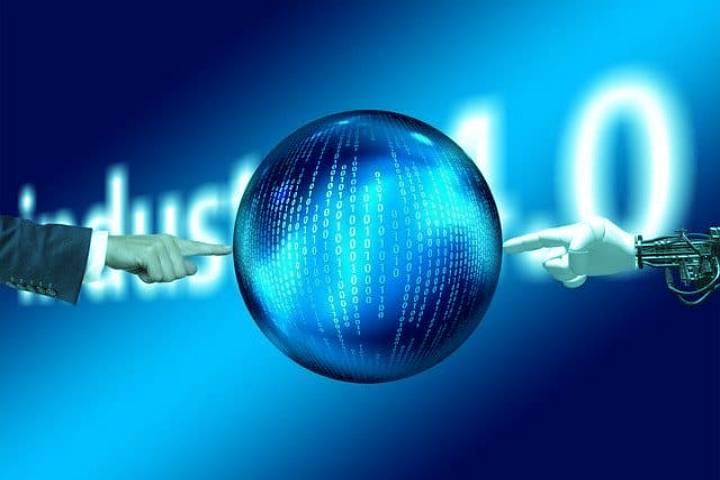The impact of the IoT on our society and on the technological developments to come is enormous. The increasingly connected society will see how, in a few years, services that seem to be taken from science fiction novels will proliferate. We will also see autonomous cars circulating in our cities, and much more.
It happens that whenever we talk about the Internet of Things, we paint a future full of these solutions, of smart cities in which pedestrians gain ground over vehicles, with smart buildings, and much more. We forget that, on many occasions, IoT solutions will go unnoticed by the majority, as is the case with IIoT, the Industrial Internet of Things.
The IIoT focuses exclusively on industrial applications, such as chain production, manufacturing, or processes in the agri-food industry. In other words, we remove all products for domestic applications from the connected equation and focus on increasing process efficiency, health, and safety.
How can the industry take advantage of this technology? What strategies are the most suitable for its adoption?
Table of Contents
IIoT adoption strategies
First of all, a little clarification: IIoT has existed in industries for more than half a century. Since then, industries, factories, and factories have sensors connected to computers, dedicated to collecting data and recording it for analysis. That is the basic principle of the IIoT, and also of the IoT. Today, with other technologies combined and with better sensors, we can go further (and we coined an acronym), but the basis of everything is older.
Consider IIoT at the edge
In the past, adding a single sensor could be cost-prohibitive. The normal thing was to use sensors and actuators in specific areas, related to critical safety equipment, for example. Today, the reduced costs of new technologies allow IIoT to be applied on the periphery, where it was not profitable before.
The IIoT has benefited from low-cost sensors and cost savings of ownership as many of its workloads migrate to the cloud. In addition, it is much easier to analyze the data thanks to machine learning.
Use hidden sensors to reduce costs and control downtime
The low cost of today’s sensors invites them to be used in places that were traditionally supervised by human operators, such as a packaging or assembly line. If a small glitch occurred in those chains that stopped the process for, say, 15 seconds, manually recording that glitch could be a hassle (and not done).
By introducing low-cost sensors that can help monitor these small, almost unnoticed failures, we will gain information that will allow us to optimize those processes. The profitability, in those cases, is enormous given the low investment in components.
Going for the Cloud to reduce equipment ownership costs
Among the many benefits of the cloud is undoubtedly cost savings. We’re not just talking about the initial deployment, but also the cost of infrastructure ownership. In this way, companies can capture IIoT data without the need to employ specialists or invest in expensive on-site equipment.
No need to implement a complete IIoT strategy from the start
As in many cases, a progressive approach is often much more interesting and efficient than tackling a complete transformation in one step.
Also Read: MACHINE LEARNING FOR COMPANIES: ADVANTAGES OF ARTIFICIAL INTELLIGENCE FOR YOUR BUSINESS

